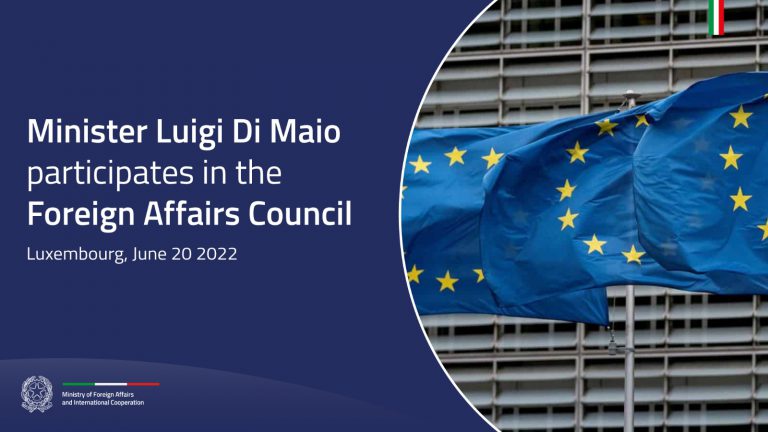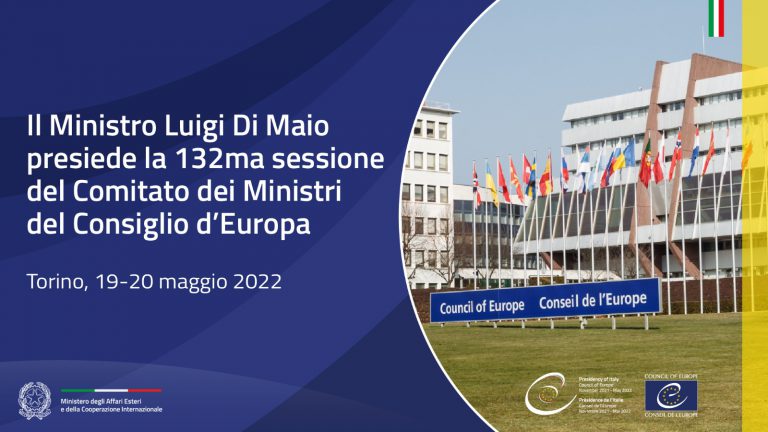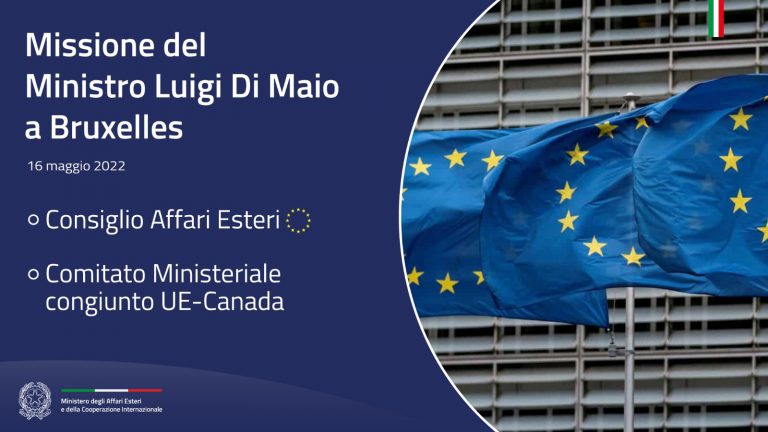ROME – According to Minister Emma Bonino, the Datagate scandal is altering international balances. The idea that the United States could spy on its Western allies has shaken the European Union. What does the nation’s foreign policy chief think? “We reacted immediately and demanded verification from our American counterparts. I admit that the affair is very sensitive, and it seems clear that all the necessary clarifications should be forthcoming. We have received a note in which the head of American intelligence, James Clapper, promised that the United States would employ diplomatic channels to provide explanations to the European Union and individual Member States within the framework of the dialogue between American and European experts agreed on between U.S. Justice Secretary Eric Holder and the European Commission. Let’s try to understand. We expect answers”.
Doesn’t the prospect of diplomatic missions in the U.S. being “monitored” illegally concern you?
“I repeat. We are waiting. But we are confident. There is a spirit of collaboration and friendship that unites the U.S., Europe and Italy. Certainly, allies spying on each other is not nice [she smiles], but it’s enough to read any spy story to see that it’s always been anything goes…”
Germany is talking about a Cold War scenario, and President Hollande has called for the immediate suspension of all intelligence activity. What do you say?
“That this whole affair has its ironic aspects – seeing Russia, so “attentive” in the capillary control of its citizens, transformed into a champion of freedom, makes me smile. The important thing is that the U.S. provides every explanation necessary to avoid a block on free-trade between the two shores of the Atlantic”.
Some days ago, Sergio Romano wrote: Europe has forgotten the Mediterranean. How do you respond to that? Let’s start with Egypt.
“Italy and Europe are well aware of what’s going on in the Mediterranean, but no foreign minister has a magic wand. As for Egypt, I was there at Easter time, when there was not even the remotest idea that I would end up as foreign minister. The reforms not enacted, and the postponement of political elections that could have lessened the tensions, have played their role. There is no money, and it’s impossible to sign an accord with the International Monetary Fund; the concerns are enormous. But this is one of these cases in which international policy can’t do very much. Diplomacy is not omnipotent, we have to be realistic”.
Then there’s Turkey. There too tensions continue to run high. What is Italy’s position?
“With the European Council’s recent decision we were able to keep Turkey anchored to Europe. But that’s not something to be taken for granted. After the demonstrations, and the authorities’ hasty reaction, some Member States just wanted to slam the doors shut, placing Europe on the wrong side of history – a danger averted, thanks to Italy’s diplomatic activism”.
Going back to the Mediterranean…
“There is tremendous upheaval: an historic clash between Shiites and Sunnis, not for religious but for geographical reasons, a geostrategic jockeying for position. It is certainly, and unfortunately, not from outside that these conflicts, which also concern the interests of powers like Russia and Iran, can be resolved. My approach has been, and remains, that of trying to steer processes by seizing all opportunities; maintaining a certain world vision; but without dreaming. Having vision is something different from being a dreamer”.
Libyan leader Zidan will be in Italy on Thursday with his foreign and interior ministers. What is Italy expecting to do?
“Well, we could certainly be more effective in supporting the transition in Libya. We have a deep understanding of the situation. With all the inevitable risks, it’s worth making an effort to help Libya get back on its feet. We are that country’s top donor, with a package of assistance measures, and at some point within the year Italy will host a new international conference on Libyan assistance”.
Premier Enrico Letta is in the Middle East. What is his position on the Israeli-Palestinian peace process?
“Italy strongly supports U.S. Secretary of State John Kerry’s painstaking efforts. We have contacted both parties to the process in an attempt to exercise “moral suasion”. Israel and Palestine must understand that this is the last chance to achieve a “two peoples, two democracies” solution, as I prefer to call it. Will there be another chance? Who knows if and when it may come around again”.
What about the Balkans, Minister Bonino?
“I was with President Napolitano in Zagreb to celebrate Croatia’s entry into the EU. This is the latest chapter in a success story that I find very moving, precisely because this region bears witness to my Radical Party’s many years of commitment, from the Federal Council held in a Zagreb under bombardment, to Pannella’s and other Radicals’ presence in Viesnik and Vukovar for the institution of the ad hoc Criminal Court, and then as Commissioner; in other words, a lifetime of Radical initiatives. A region tormented by two decades of violence that, thanks to Europe, is now on the road to democracy and development. In January, Serbia will begin negotiations for its accession and Kosovo for an Association Agreement; Albania, Bosni and Montenegro still need to hitch their wagons to the EU, but there has been progress: Montenegro already has Candidate Country status”.
Finally, Iran. Are you willing to open a line of credit to newly elected President Hassan Rowhani or do you think, as Israeli President Netanyahu does, that nothing has changed in Iran?
“Obama has said that direct dialogue is now possible; Hollande is not putting up obstacles to Iran’s participation in a possible Geneva II. We must admit that the voter turnout for the elections was very high and that our vision of an Iran monolithically bound to Khamenei is no longer appropriate. I think that it is not so much the leadership, but the Iranian people, that need to be offered a chance”.






